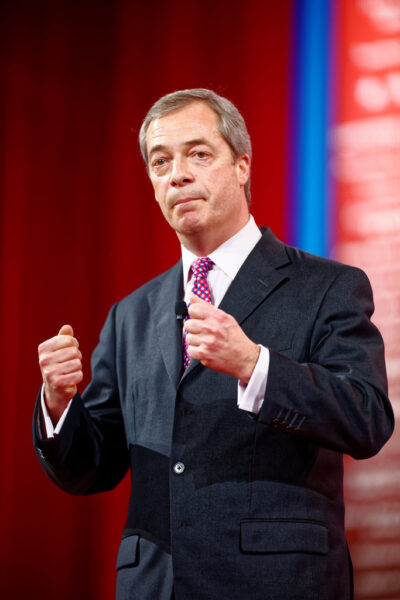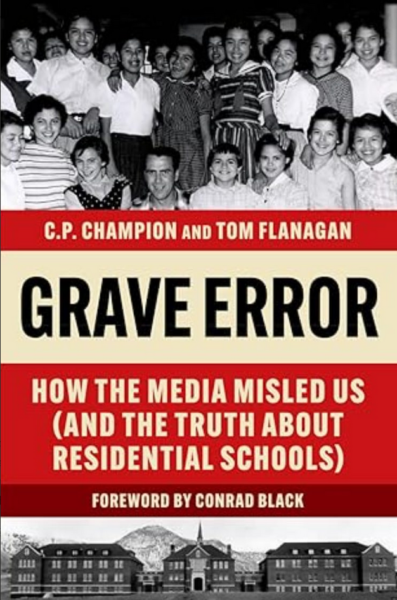Charles Stross wonders if Microsoft’s CoPilot+ is actually a veiled suicide attempt by the already much-hated software giant:
The breaking tech news this year has been the pervasive spread of “AI” (or rather, statistical modeling based on hidden layer neural networks) into everything. It’s the latest hype bubble now that Cryptocurrencies are no longer the freshest sucker-bait in town, and the media (who these days are mostly stenographers recycling press releases) are screaming at every business in tech to add AI to their product.
Well, Apple and Intel and Microsoft were already in there, but evidently they weren’t in there enough, so now we’re into the silly season with Microsoft’s announcement of CoPilot plus Recall, the product nobody wanted.
CoPilot+ is Microsoft’s LLM-based add-on for Windows, sort of like 2000’s Clippy the Talking Paperclip only with added hallucinations. Clippy was rule-based: a huge bundle of IF … THEN statements hooked together like a 1980s Expert System to help users accomplish what Microsoft believed to be common tasks, but which turned out to be irritatingly unlike anything actual humans wanted to accomplish. Because CoPilot+ is purportedly trained on what users actually do, it looked plausible to someone in marketing at Microsoft that it could deliver on “help the users get stuff done”. Unfortunately, human beings assume that LLMs are sentient and understand the questions they’re asked, rather than being unthinking statistical models that cough up the highest probability answer-shaped object generated in response to any prompt, regardless of whether it’s a truthful answer or not.
Anyway, CoPilot+ is also a play by Microsoft to sell Windows on ARM. Microsoft don’t want to be entirely dependent on Intel, especially as Intel’s share of the global microprocessor market is rapidly shrinking, so they’ve been trying to boost Windows on ARM to orbital velocity for a decade now. The new CoPilot+ branded PCs going on sale later this month are marketed as being suitable for AI (spot the sucker-bait there?) and have powerful new ARM processors from Qualcomm, which are pitched as “Macbook Air killers”, largely because they’re playing catch-up with Apple’s M-series ARM-based processors in terms of processing power per watt and having an on-device coprocessor optimized for training neural networks.
Having built the hardware and the operating system Microsoft faces the inevitable question, why would a customer want this stuff? And being Microsoft, they took the first answer that bubbled up from their in-company echo chamber and pitched it at the market as a forced update to Windows 11. And the internet promptly exploded.
First, a word about Apple. Apple have been quietly adding AI features to macOS and iOS for the past several years. In fact, they got serious about AI in 2015, and every Apple Silicon processor they’ve released since 2016 has had a neural engine (an AI coprocessor) on board. Now that the older phones and laptops are hitting end of life, the most recent operating system releases are rolling out AI-based features. For example, there’s on-device OCR for text embedded in any image. There’s a language translation service for the OCR output, too. I can point my phone at a brochure or menu in a language I can’t read, activate the camera, and immediately read a surprisingly good translation: this is an actually useful feature of AI. (The ability to tag all the photos in my Photos library with the names of people present in them, and to search for people, is likewise moderately useful: the jury is still out on the pet recognition, though.) So the Apple roll-out of AI has so far been uneventful and unobjectionable, with a focus on identifying things people want to do and making them easier.
Microsoft Recall is not that.





















